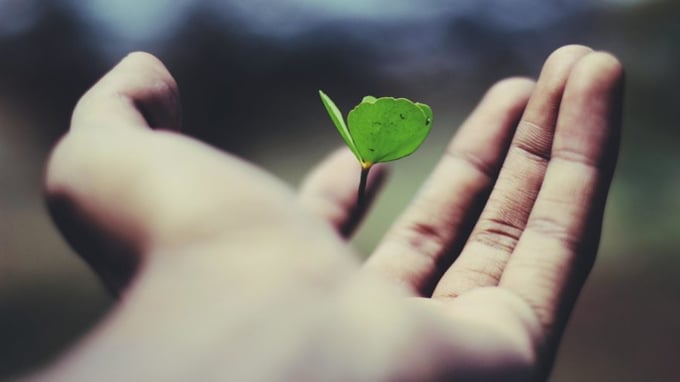Dr. Kathryn Kennedy has over 15 years of experience in online, blended, and digital learning in PreK-12, higher education, and beyond. Her work is focused at the intersection of research, practice, and policy. She owns and operates her own consulting firm that is currently helping inform PLTW’s current and future teaching and learning experiences.
As the new school year gets underway, we as educators should take time to reflect on the courageous path we have taken since March. The road to where we are was a bumpy one with many detours, potholes, and U-turns. We’ve had to make so many changes to processes and procedures, we’ve had to break through so many barriers to learning, and we’ve had to navigate and acknowledge so many shifts in understanding. Given the uncertainty of the world around us, this space where the earth is constantly moving beneath us will continue throughout this year and potentially beyond. We encourage you to take time to reflect on how far we’ve come and look ahead at the growth we can continue to make and the growth we’ve already benefited from.
Reflection is a key component to an educator’s practice. It allows us to acknowledge where we’ve been as well as adapt and move forward based on that progress. Reflection is empowering. As one of my amazing mentors Dr. Nancy Dana Fichtman shared, collective reflection is even more powerful: “Teachers need ongoing opportunities to learn in and from their own classroom practice, with and from one another, as they collectively wrap their heads around meeting the needs of every student they teach.”
The beauty of this journey that we’ve made together is tied directly to the curriculum that we are passionate about; STEM is inherently innovative and requires a growth mindset. As Carol Dweck said, “In a growth mindset, challenges are exciting rather than threatening. So rather than thinking, ‘Oh, I’m going to reveal my weaknesses,’ you say, ‘Wow, here’s a chance to grow.’”
We also have to acknowledge that we are not just educators experiencing this shift. We are human beings in a collective space of experience. As Pema Chodron, an American Tibetan Buddhist teacher and nun explains in her book When Thing Fall Apart, “To be fully alive, fully human, and completely awake is to be continually thrown out of the nest. To live fully is to be always in no-man’s-land, to experience each moment as completely new and fresh.” As you reflect on your experiences over the last several months, can you identify the moments in time when you were thrown out of the nest only to get right back up into it, to get right back up into life again? This is you flexing your emotional muscles and your growth mindset. This is you building your window of tolerance (more to come about this concept in an upcoming blog post...stay tuned).
Just as we’ve experienced this growth, so to have our students, as we have modeled and continue to model it for them. Additionally, we can model and be an example for our colleagues, friends, and family who have trepidation of what’s to come. As educators and human beings, we have the ability to inspire and impact others to push through barriers. As Carol Dweck reminds us, “Change can be tough, but I’ve never heard anybody say it wasn’t worth it...Love challenges, be intrigued by mistakes, enjoy effort, and keep on learning. A growth mindset is not a declaration, it’s a journey.”
PLTW’s blog intends to serve as a forum for ideas and perspectives from across our network. The opinions expressed are those of each guest author.


